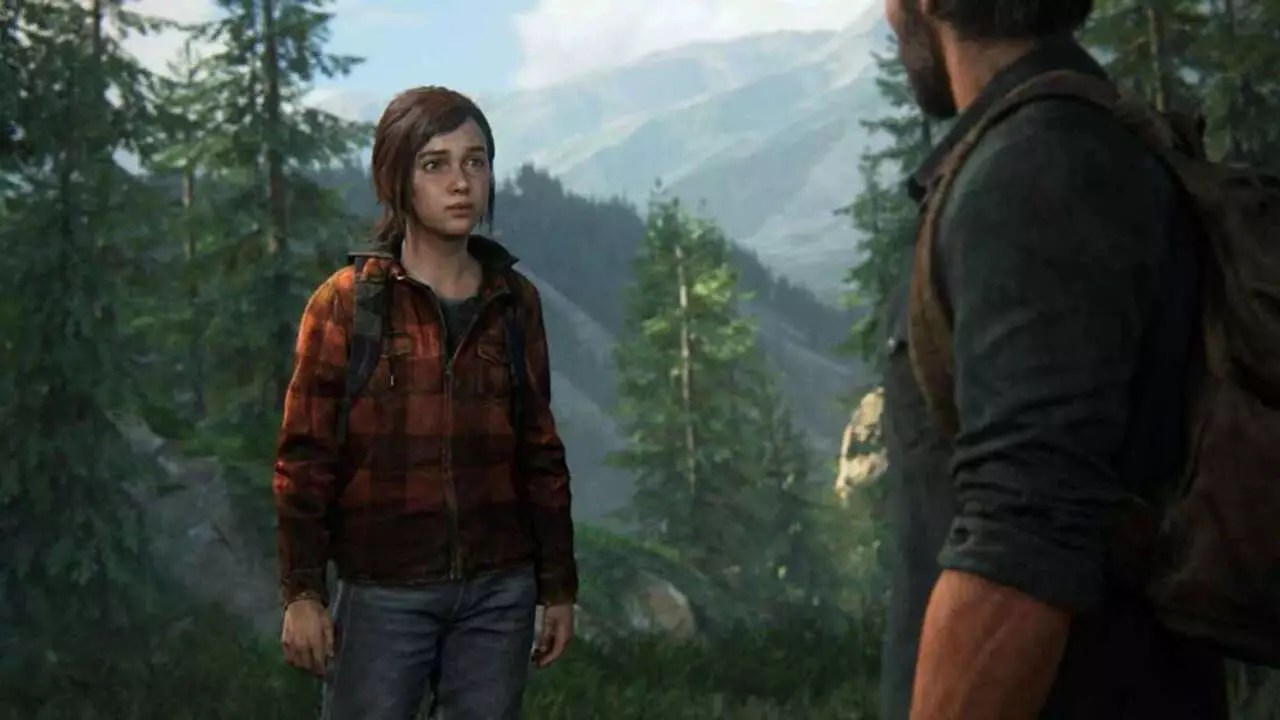The ending of “The Last of Us” remains one of the most talked-about moments in gaming history, creating a chasm of divisive opinions. Joel’s fateful decision to save Ellie by sacrificing the potential of a cure ignited a firestorm of debate among fans and critics alike. In an era where narrative depth is celebrated, bringing to light the emotional stakes of characters raises the bar for storytelling. The ethical implications of Joel’s decision are potent and primal, forcing players to wrestle with their own moral compass.
Despite the digital landscape requiring intricate gameplay mechanics, it is fundamentally the narrative that fuels a game’s longevity in discussions among its audience. As elaborated by Neil Druckmann, the game’s director, the question of whether the Fireflies could have truly developed a cure hinges on our acceptance of narrative flaws. The assertion that “yes, they could” leads to a plethora of what-ifs that ultimately redefine the stakes involved. It reveals the intricacies of human emotion and the instinctual drive to protect loved ones at all costs, even when the ramifications extend far beyond individual desires.
Science vs. Sentiment: The Philosophical Quandary
Druckmann’s admission regarding shaky science reflects a vital challenge in storytelling—realism versus emotional resonance. When pondering if the Fireflies’ plan could yield a viable cure, we must also confront our own biases towards sentimentality. The juxtaposition between saving a life and healing humanity presents a dilemma that is not merely academic but visceral. Joel’s actions resonate with anyone who has grappled with life-altering decisions driven by love and fear. How far would one go to protect those they treasure? This contemplation is what gives “The Last of Us” its compelling narrative weight.
Moreover, Druckmann’s assertion about the direction of a potential “Last of Us Part 3” speaks not just to the commercial viability of sequels but to the artistic responsibility that drives storytelling. Story arcs that feel “worthy” must be crafted with sensitivity to both the characters and the audience’s connection with them. The emotional fallout from previous choices sets the groundwork for future narratives, creating an intertwined web of consequences that pull players back into the fray.
A New Chapter in Television Adaptation
In the realm of television, the HBO adaptation has redefined how stories can evolve from one medium to another. The show’s creators, Druckmann and Craig Mazin, hint at the narrative turn towards Abby’s story in Season 3. Given the complexity of the original source material, this shift offers an opportunity to explore new dimensions of grief and revenge. By weaving Abby’s journey alongside the overarching tale of Joel and Ellie, the series highlights the cyclical nature of violence and its inevitable repercussions.
Mazin’s commentary regarding the need for a fourth season indicates a strong commitment to the narrative’s completion, suggesting that the essence of “The Last of Us” transcends mere entertainment. It is an exploration of humanity wrapped in fictional contexts, encouraging discussions that linger in viewers’ minds long after the screen goes dark. The emotional stakes are raised with every new revelation, affirming that “The Last of Us” is not just another zombie apocalypse saga; it’s a poignant reflection on the human experience itself.
In a world where games and their adaptations are often dissected purely for entertainment, it is refreshing to see a narrative that can prompt existential reflection and ethical debates.


Leave a Reply